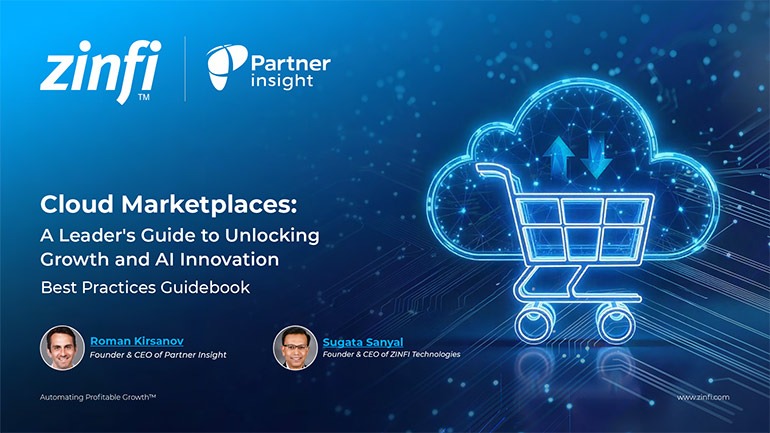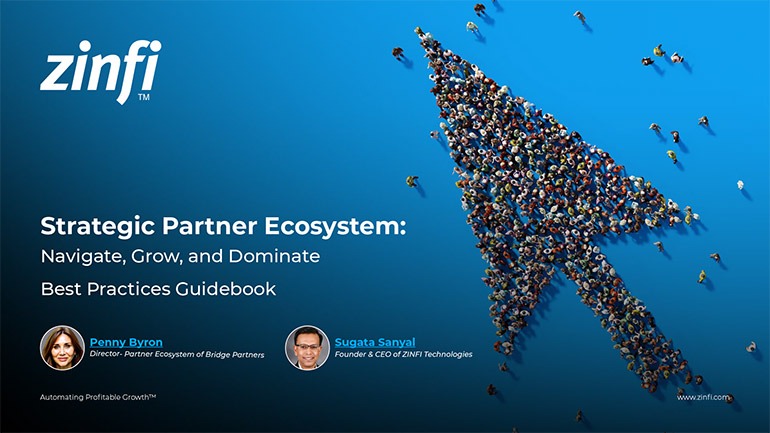Glossary - What is - Channel Strategy
What is a Channel Strategy?
A channel strategy is a business’s plan to effectively distribute its products or services through intermediaries to reach the end consumer. It involves selecting the optimal mix of distribution channels, including wholesalers, retailers, distributors, or direct marketing, and managing those channels to achieve the company’s marketing and sales objectives. Channel strategy is critical because it directly affects product availability, pricing, and customer experience.
A Channel Strategy is vital for streamlining operations and ensuring cohesive branding and customer engagement across all points of sale. Automating partner management processes helps maintain the channels’ integrity and efficiency. It also supports scaling the ecosystem without diluting the brand value or customer service quality, which are crucial for sustaining competitive advantages.
Key Takeaways:
- Optimizing Multi-Channel Operations: A robust channel strategy in today’s diversified market helps optimize operations across multiple distribution channels. Partner management automation tools from ZINFI can streamline these operations, ensuring consistent product and service delivery across all channels.
- Enhancing Partner Collaboration: Effective channel strategies enhance collaboration among partners by defining clear roles and responsibilities. Tools like ZINFI’s Partner Relationship Management (PRM) system facilitate communication and coordination among partners, leading to more efficient and productive relationships. Learn more about enhancing partner collaboration at ZINFI’s PRM page.
- Improving Customer Reach and Satisfaction: A well-defined channel strategy improves market reach and customer satisfaction by ensuring that products and services are available where and when customers need them. This strategy can be enhanced by leveraging partner ecosystems and ZINFI’s Channel Marketing Automation solutions. Explore how to improve customer reach on ZINFI’s channel marketing solutions page.
- Data-Driven Decision Making: Leveraging data analytics for channel strategy helps make informed decisions about which channels are performing and which need adjustment. ZINFI’s analytics solutions provide deep insights into channel performance and partner productivity. Check out ZINFI’s analytics solutions here.
- Scalability and Flexibility in Channel Development: A scalable channel strategy accommodates growth and changes in the market environment without losing effectiveness. Automation tools from ZINFI offer the flexibility needed to adapt swiftly to new channels and market demands.
Summary of Key Takeaways:
Channel strategy is essential for effectively managing product distribution and partner relations. It ensures optimal product availability and enhances customer satisfaction. Utilizing automation tools like those offered by ZINFI can significantly improve efficiency, collaboration, and data-driven decision-making in channel management. This approach not only enhances operational scalability but also ensures that businesses can adapt quickly to changes in the market environment.
Key Examples:
- Automotive Manufacturing: Automakers use channel strategies to manage their dealership networks, ensuring brand consistency and customer satisfaction globally.
- Consumer Electronics: Companies like Apple and Samsung design their channel strategies to include direct and indirect sales, maximizing market penetration and consumer reach.
- Energy Production: Energy companies manage complex channel partnerships with local governments and other stakeholders to facilitate the distribution of energy resources.
- Financial Services: Banks and financial institutions use channel strategies to optimize their branch locations, ATM networks, and online banking services to serve customers effectively.
- Food and Beverage: Major food and beverage brands manage extensive distribution networks to ensure product availability in diverse markets worldwide.
- Healthcare Services: Healthcare providers develop channel strategies to partner with insurance companies, clinics, and hospitals to offer comprehensive care.
- Information Technology: IT companies utilize various channel strategies, including direct sales, resellers, and cloud-based distribution, to reach different customer segments.
- Pharmaceutical Development: Pharmaceutical companies establish channels with healthcare providers and pharmacies to ensure that medications are effectively distributed to patients.
- Retail Industry: Retailers implement omnichannel strategies to integrate online and offline shopping experiences for customers seamlessly.
- Telecommunications: Telecom operators manage multiple channels, including retail stores and online platforms, to offer services and support to their customers.
Conclusion:
A channel strategy is crucial for businesses across various industries to distribute their products and manage partner relationships efficiently. Companies can enhance their market reach, optimize operational efficiency, and improve customer satisfaction by employing effective channel strategies. Leveraging automation and technology solutions like those offered by ZINFI can further enhance these capabilities, allowing for better data-driven decisions, scalable operations, and agile responses to market changes.
Associated Keywords:
- Channel Management
- Distribution Strategy
- Partner Ecosystem Management
















